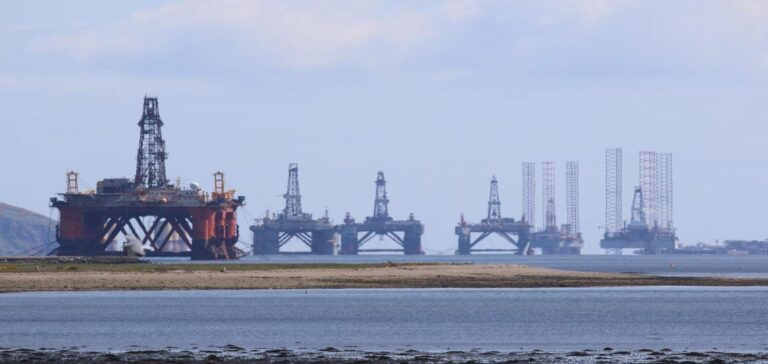In Guyana, oil producers are increasing their exports to European buyers looking for alternatives to Russian crude. Government bans on Russian oil since the start of the Russian-Ukrainian conflict are driving demand for alternative crudes. In addition, refiners from Britain to Italy prefer Guyanese oil to rival Latin American grades.
An increase in exports
Guyana, since the beginning of the year, is shipping 49% of its total oil exports to Europe compared to 16% in 2021. Indeed, cargoes to Europe average 110,000 b/d from January to early September. Thus, this figure represents more than the total volume shipped to all destinations in 2021.
Shipments increased after the second floating production, storage and unloading facility was commissioned. In recent days, the South American country’s production reached 350,000 b/d. Guyana, for example, has seen its level triple since the beginning of the year.
Substitution for Venezuelan exports
Guyana exports all of its oil through the consortium of Exxon Mobil, Hess Corp and CNOOC. The country sells its share through open market tenders and a Saudi Aramco business unit. In addition, none of the companies have long-term supply agreements with specific customers for oil.
Spain’s Repsol, Italy’s Eni and Britain’s BP were buying cargoes. Repsol and Eni used to import Venezuelan crude, but shipments have beenhalted since July. Finally, Guyana, an oil region, has been developing since the beginning of 2022 for trade and refining.
Programming of new calls for tenders
By 2021, Guyana was exporting 101,000 b/d of crude, most of which was destined for Asia. For their part, exports to Europe represented 16% of the total. In addition, the country produces a soft, medium to light oil called Liza and a lighter grade called Unity Gold.
By 2027, the consortium, led by Exxon, plans to pump 1.2 million b/d. In addition, Guyana is expected to schedule an auction of oil and gas blocks in the near future. Thus, the Latin American country aims to attract new companies to its offshore fields.





















